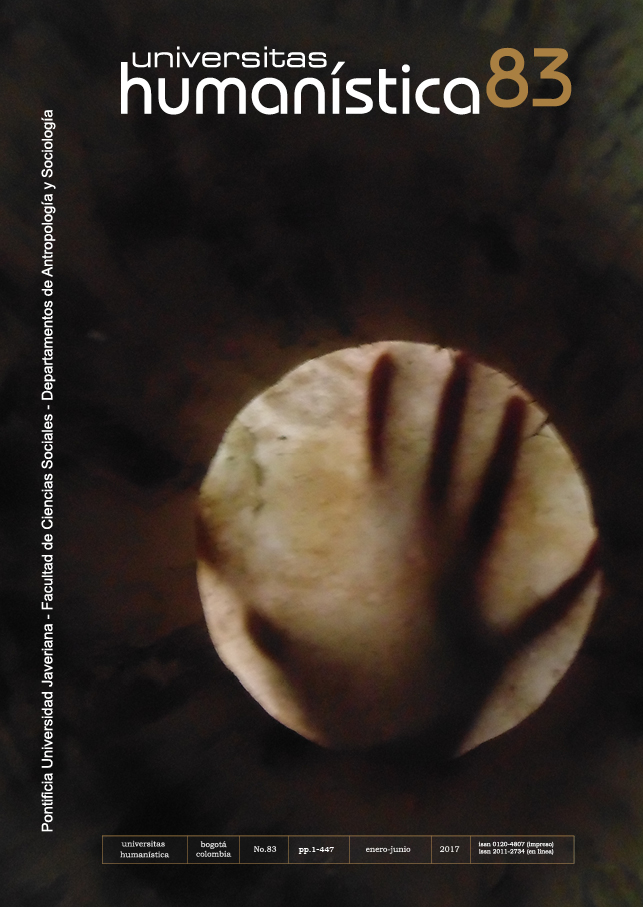Abstract
The article reflects critically on school attrition, comparing high school and doctoral dropout rates in Argentina. The theoretical perspective integrates the categories of voluntary attrition and academic exclusion of Tinto (1989) with the concepts of habitus and symbolic violence of Bourdieu (Bourdieu and Passeron, 1981). The reflections arise from the interpretative analysis of attrition experiences in high schools and doctoral programs. This was done by rereading, and making a new coding and categorization of empirical material from two graduate theses in order to compare student attrition situation that have more similarities than differences. Results describe self-sabotaging habitus of dropouts, attrition closing modes, and institutional constraints. This work allows to conclude that student attrition is the result of a process that denies, conceals and minimizes; academic exclusion predominated, while voluntary attrition was exceptionally found. Dropouts used individual strategies, even persisting for several years despite institutional obstacles, personal postponements, and harmful effects on mental health.

This journal provides immediate open access to its content on the principle that making research freely available to the public, encourages greater global exchange of knowledge.
The journal Universitas Humanística is registered under a Creative Commons Attribution 4.0 International Public License. Thus, this work may be reproduced, distributed, and publicly shared in digital format, as long as the names of the authors and Pontificia Universidad Javeriana are acknowledged. Others are allowed to quote, adapt, transform, auto-archive, republish, and create based on this material, for any purpose (even commercial ones), provided the authorship is duly acknowledged, a link to the original work is provided, and it is specified if changes have been made. Pontificia Universidad Javeriana does not hold the rights of published works and the authors are solely responsible for the contents of their works; they keep the moral, intellectual, privacy, and publicity rights.
Approving the intervention of the work (review, copy-editing, translation, layout) and the following outreach, are granted through an use license and not through an assignment of rights. This means the journal and Pontificia Universidad Javeriana cannot be held responsible for any ethical malpractice by the authors. As a consequence of the protection granted by the use license, the journal is not required to publish recantations or modify information already published, unless the errata stems from the editorial management process. Publishing contents in this journal does not generate royalties for contributors.


